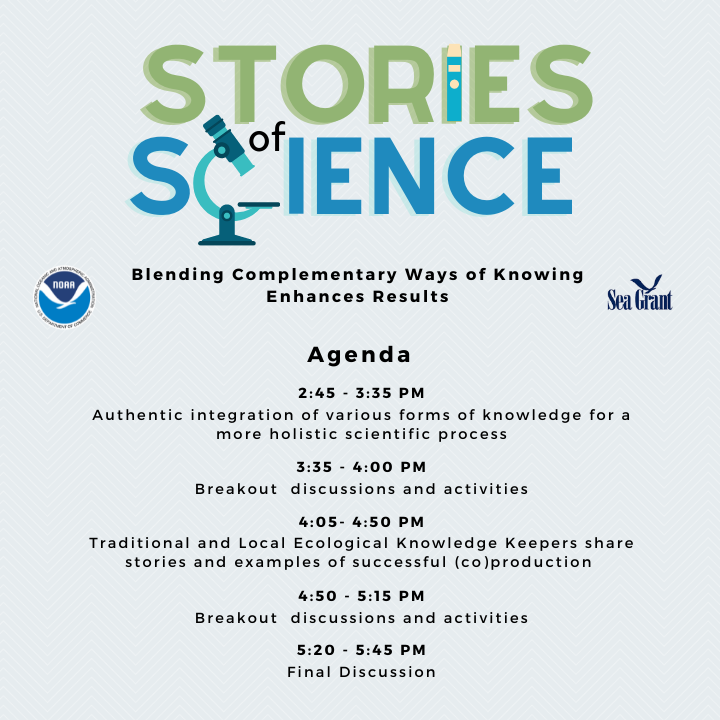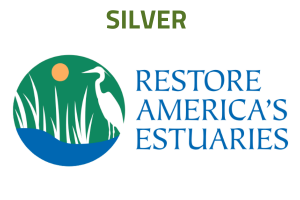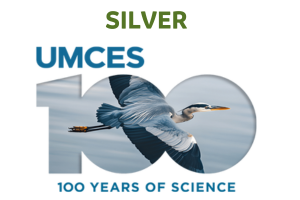CERF 2021 Workshop
Return to Workshop Schedule
| Stories of Science: Blending Complementary Ways of Knowing Enhances Results |
|
Wednesday, 3 November 2021
2:45 PM – 5:45 PM ET
11:45 AM – 2:45 PM PT
Regular: $42 | Student: $36
Maximum 40 participants.
|
|
Sign up for this workshop when you register for CERF 2021.
Already registered but want to add this workshop? Email the CERF Office for assistance!
|
About This Workshop
This session will showcase examples of how Sea Grant and its Tribal partners have worked to interweave traditional and local knowledge (TLK) into research, outreach, and education approaches to enhance work on climate change impacts, coastal hazards mitigation, and adaptation. It will provide an overview of participating partners' historical use of estuaries and coasts; and how cultural values are integrated into resource management for the maintenance of traditional lifeways. Workshop participants will be invited to share their knowledge with each other in one-on-one, StoryCorps-style conversations. Conversations will explore reservations, experiences and opportunities to incorporate TLK into ongoing/future coastal work.
About the Presenters
Panelists
| Melissa Poe |
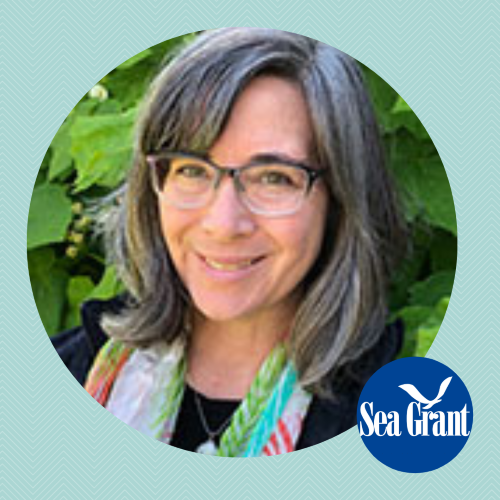 |
Melissa Poe, Ph.D.
Melissa Poe is a social scientist at Washington Sea Grant. She earned a PhD in Environmental Anthropology from the University of Washington, with a specialization in ethnoecology, Indigenous resource management, community-based participatory action research, food systems and well-being. Melissa collaborates with Northwest Tribes and First Nations on intertidal cultural-ecosystems and traditional knowledge such as clam gardens, herring spawn on kelp, and climate resilience. Melissa coordinates the Cross-Pacific Indigenous Aquaculture collaborative hub.
|
| Matthew Bethel |
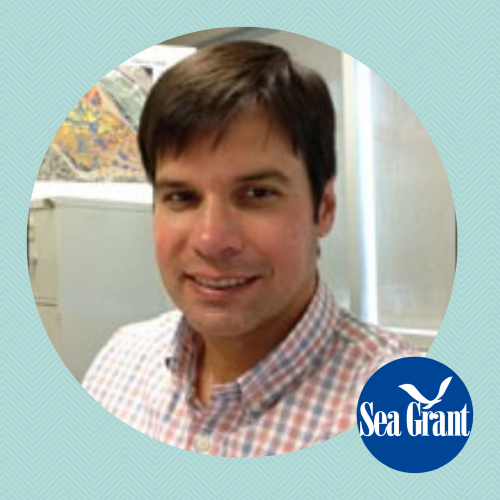 |
Matthew Bethel, Ph.D.
Dr. Bethel is the Associate Executive Director of Research for Louisiana Sea Grant. He has 20 years of experience in the application of geospatial technology, which includes remote sensing and geographic information systems, in multi-disciplinary research that addresses data and information needs for combined social and ecological decision support systems. For the past 10 years, Matt has focused his efforts on working with coastal communities in Louisiana to enhance hazard mitigation and restoration planning processes through collaborative partnerships and interdisciplinary research. This work centers on developing visualization tools and map-based products that utilize both science-based information and the traditional ecological knowledge (TEK) of local partners in a complementary way to inform local, state, and regional-level decision-making. Beginning in 2018, Matt has co-led a national-level effort in drafting a vision to inform the use of traditional and local knowledge in Sea Grant’s research, outreach, and education work over the next decade that includes best practices and selected references and resources identified through decades of experience working with people and places from across the Sea Grant Network.
|
| Pelika Andradre |
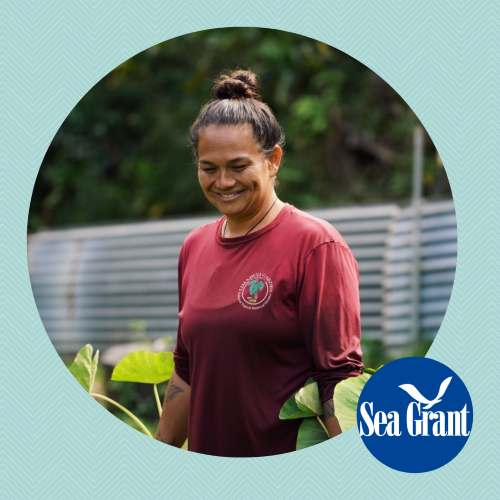 |
Pelika Andrade
A native Hawaiian born and raised on the island of Kauaʻi, Pelika Andrade is an extension agent for the University of Hawaii Sea Grant College Program and a founder and the Executive Director of Na Maka Onaona, a Hawaii based non-profit. She has a long history working with Hawaii communities throughout the archipelago as a community member, sailor, voyager, cultural practitioner and researcher. For the past 14 years, she has been developing alternate approaches to monitoring Hawaiʻi’s watersheds and supporting implementation of a management strategy that supports healthy, balanced communities in Hawai‘i. Huliʻia is one of the tools developed by Ms. Andrade and her team to support communities in documenting and tracking seasonal trends and cycles of their homes allowing the natural world around them to contribute to the narrative of place. Pelika has a master’s degree in Hawaiian studies with a focus on Malama Aina (Hawaiian Conservation) and is currently working on her PhD in Education and Curriculum Studies.
|
| Alana Quintasket |
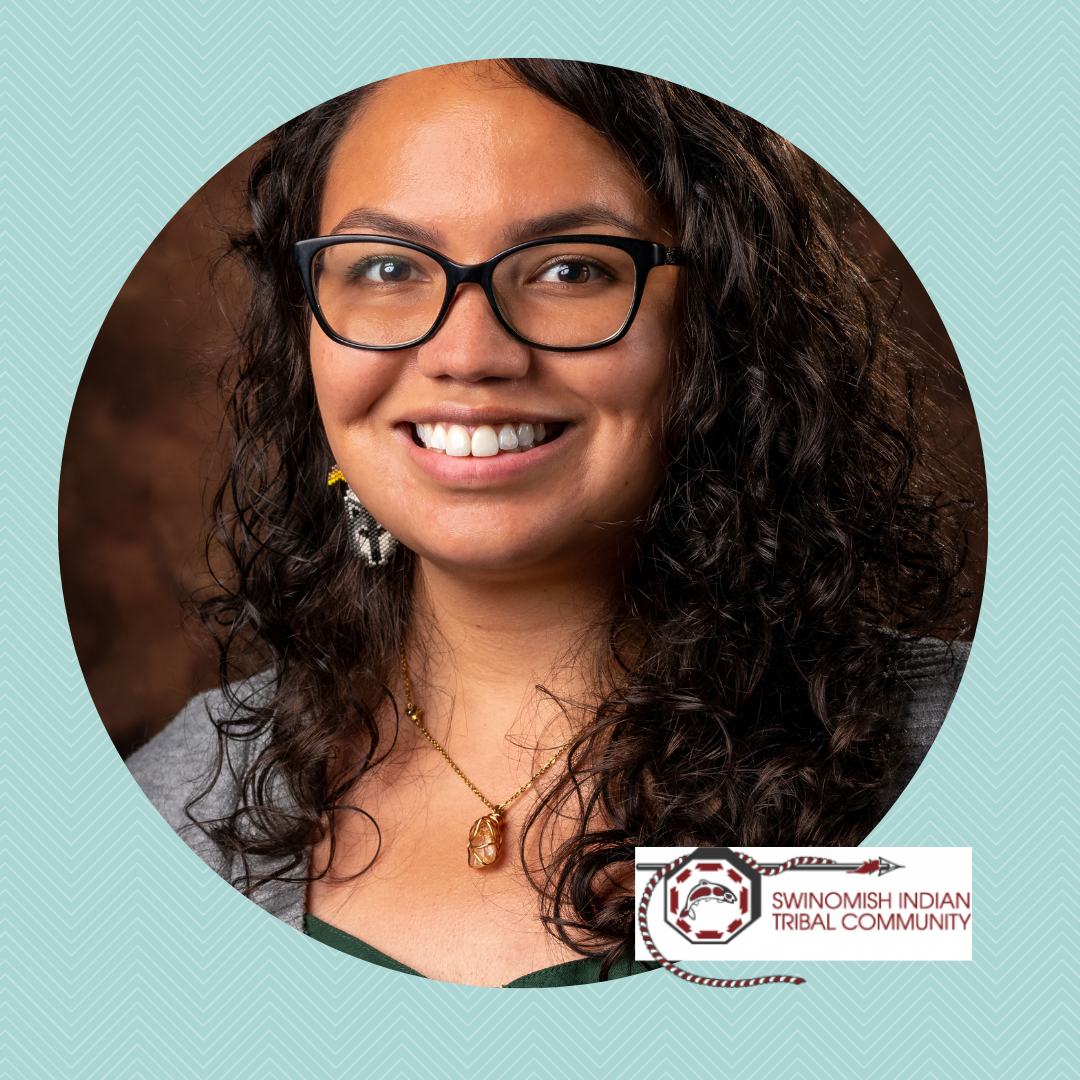 |
Alana Quintasket
Alana Quintasket (siwəlcəʔ), a citizen of the Swinomish Indian Tribal Community and first-term senator for the governing body at Swinomish. Senator Quintasket studied Early Childhood and Family Studies and American Indian Studies (BA) at the University of Washington. In the past decade, Senator Quintasket has worked in diverse classrooms with varying methods of education (including Montessori) in Seattle, Swinomish, La Conner, and Phoenix. In her first eighteen months serving as a senator, she has quickly had to learn how to be a senator and survive a pandemic. Outside of her studies and work, you will find Senator Quintasket biking, hiking, running, or paddling in her OC1 or the traditional family canoe.
|
|
Haunani Kane
|
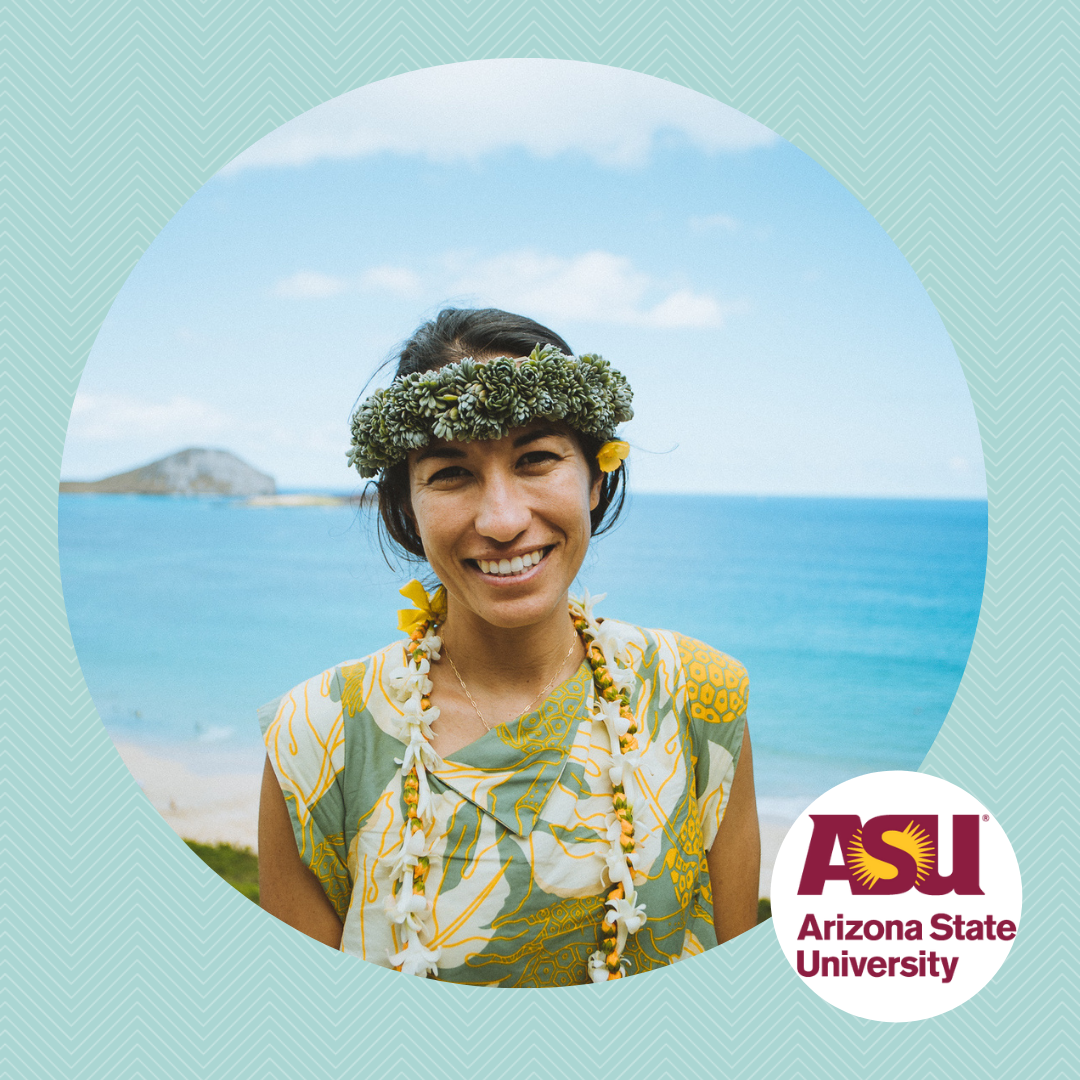 |
Haunani Kane is a scientist, surfer, and voyager from Hawaiʻi. An assistant professor with the Center for Global Discovery and Conservation Science at Arizona State University, Haunani’s life is guided by the values and storied history of her kūpuna (ancestors). Using the ocean as her classroom, the sky as her blackboard, and islands as models for sustainable living, Haunani has found a unique way to blend observation and traditional knowledge to form a world view that focuses upon the similarities rather than the differences among western and indigenous science. Haunani's research combines coastal geomorphology, paleoenvironmental reconstructions, spatial analysis, and the perspectives of a native islander to investigate how islands, reefs, and island people are influenced by changes in climate.
|
|
Patty Ferguson-Bohnee
|
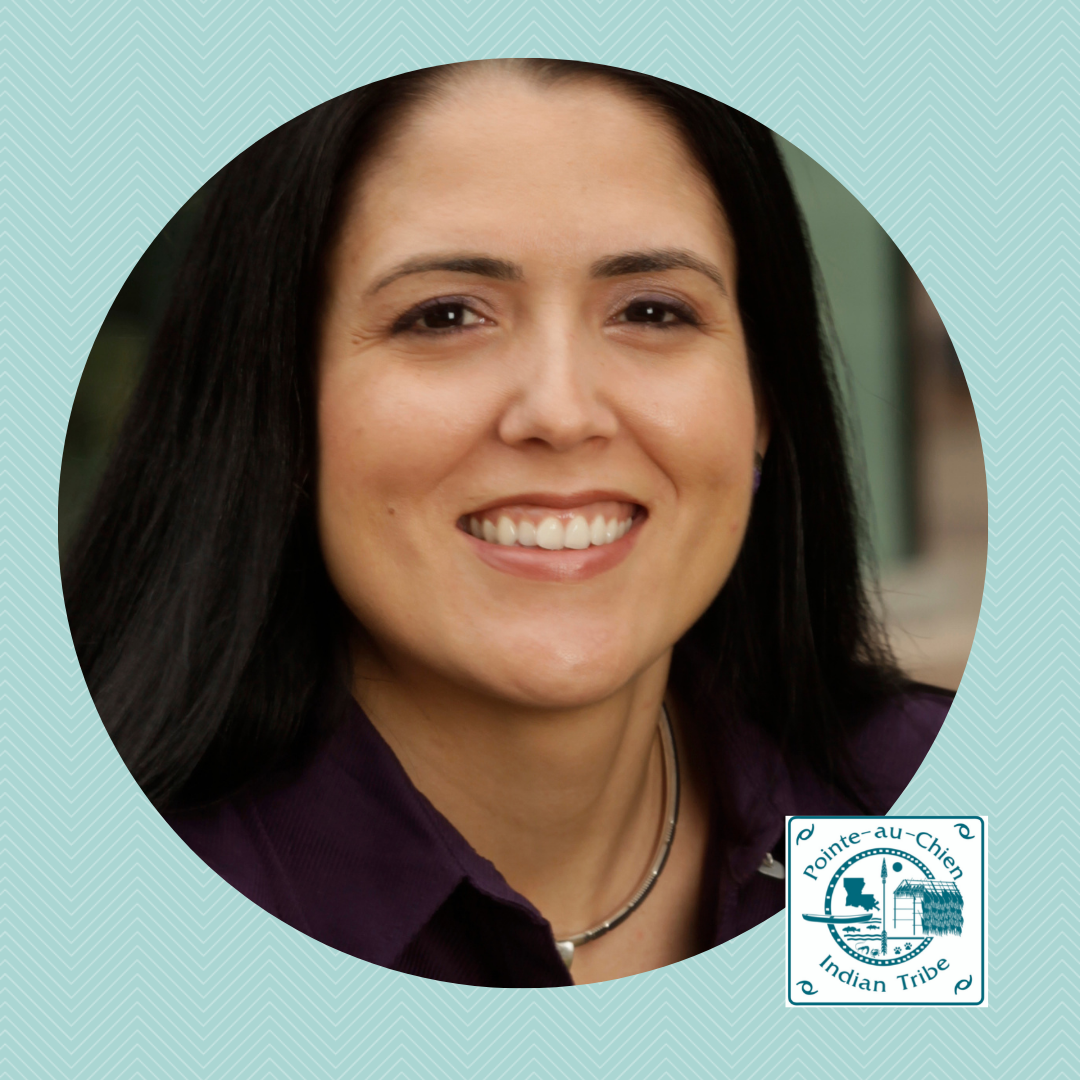 |
Patty Ferguson-Bohnee is the Director of the Indian Legal Clinic, Faculty Director of the Indian Legal Program, and Clinical Professor of Law, at the Sandra Day O'Connor College of Law at Arizona State University. She has substantial experience in Indian law, election law and voting rights, and status clarification for tribes. She successfully assisted four bayou tribes in obtaining recognition from the State of Louisiana. She has been involved in advocating for the rights of unrecognized tribes in response to environmental disasters, including in federal and international forums. Her work involves promoting self-determination of indigenous nations, protecting Tribal sacred sites and cultural properties, and including Tribal cultural heritage in climate change discussions. Ferguson-Bohnee is a member of the Pointe-au-Chien Indian Tribe.
|
Moderator
| Amara Davis |
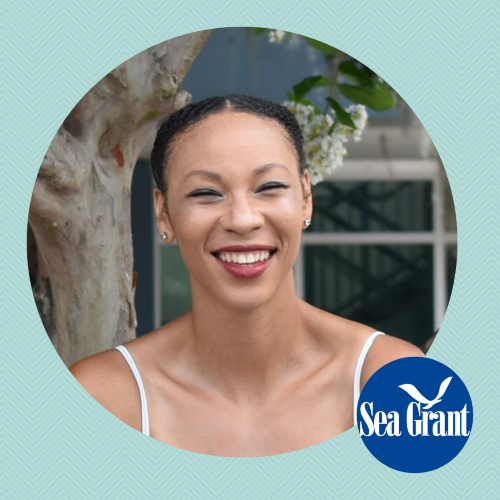 |
Amara Davis is a Communications Specialist and Knauss Fellow for the National Sea Grant Office, and recipient of the inaugural Rethink Outside Fellowship. Amara also held positions with Schmidt Ocean Institute as a Science Communications Intern and the Bahamas Ministry of Tourism as a Communications Executive. Amara is skilled in digital and print media, website and social media management, event planning, delivering educational and sales presentations, and more.
Amara is completing her Master of Science degree at Savannah State University, where she is studying the effects of temperature on viral load in spiny lobsters and comparing fisher sentiments about the spiny lobster fisheries in Florida and The Bahamas. She also holds a Bachelor of Science degree in Marine Sciences from Savannah State University.
In a previous life, Amara was a Bahamian national athlete, competing in the 2013 IAAF World Championships, and was a member of the 2012 Olympic team.
|
Facilitators
| Brooke Carney |
|
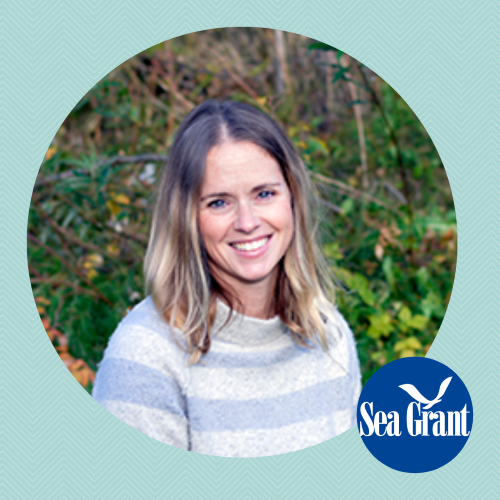
|
Brooke Carney is the Communications Director for Sea Grant and serves as the Program Officer for Alaska, Oregon, and Washington Sea Grant programs as well as for the National Sea Grant Library. Brooke is also the NSGO liaison to the Sea Grant Educators Network (SGEN), and serves as the lead for Diversity, Equity, and Inclusion (DEI); Traditional and Local Knowledge (TLK); and facilitation topical areas.
|
| Hallee Meltzer |
|
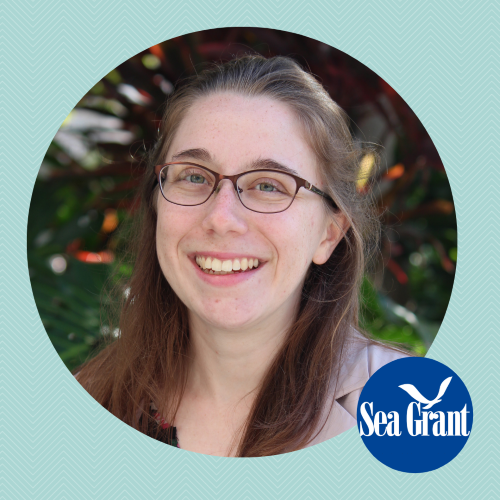
|
Hallee Meltzer is a Communications Specialist for the National Sea Grant Office. She is based in Maryland, and her work focuses on highlighting the efforts of Sea Grant's 34 programs in healthy coastal ecosystems, sustainable fisheries and aquaculture, resilient communities and economies, and environmental literacy and workforce development. Hallee holds a Master of Science degree in Environmental Science from Florida Atlantic University.
|
| Maddie Kennedy, MS |
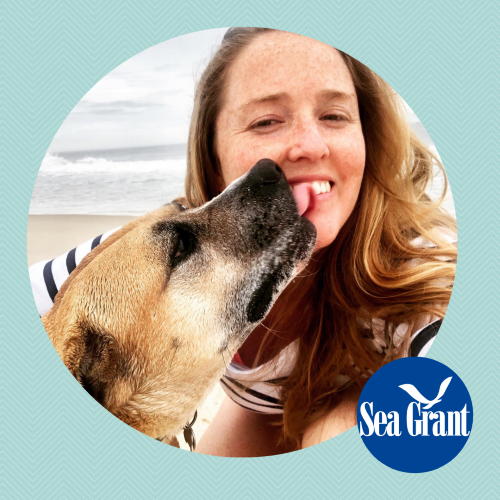 |
Maddie Kennedy is the National Fellowships Manager for the National Sea Grant College program. She is responsible for the administration of the Knauss Marine Policy Fellowship and the NMFS-Sea Grant Fellowships. She has extensive knowledge of the application process through her experience writing the Notice of Funding Opportunity (NOFO) to reviewing application packages. As a leading member of the Sea Grant DEI Committee, she is interested in helping students jump-start their careers and has a passion for supporting diversity, inclusion, and belonging in STEM/STEAM.
Prior to her current role, Kennedy was a Sea Grant Knauss Fellow in the National Sea Grant Office specializing in Disaster Preparedness and Resilience. Maddie earned her Master’s degree in Coastal Ecology from The University of South Alabama and The Dauphin Island Sea Lab.
|
| Kelly Samek |
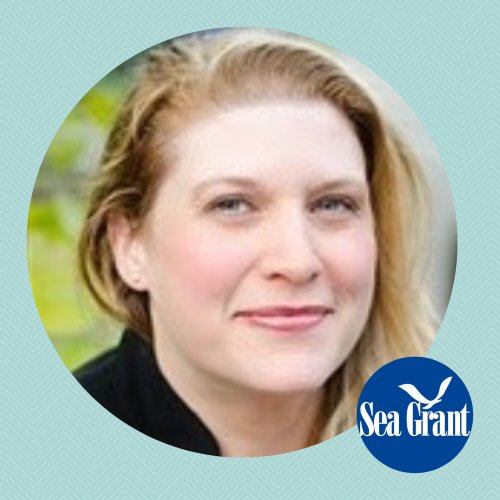 |
Kelly Samek is the Gulf of Mexico Regional Lead and Legal Programming Lead for NOAA’s National Sea Grant Office. She is based in Mobile, AL, and her work is focused on advancing Sea Grant’s Healthy Coastal Ecosystem goals. Kelly earned her J.D. from the University of Florida (Go Gators!)
|
| Treda Grayson |
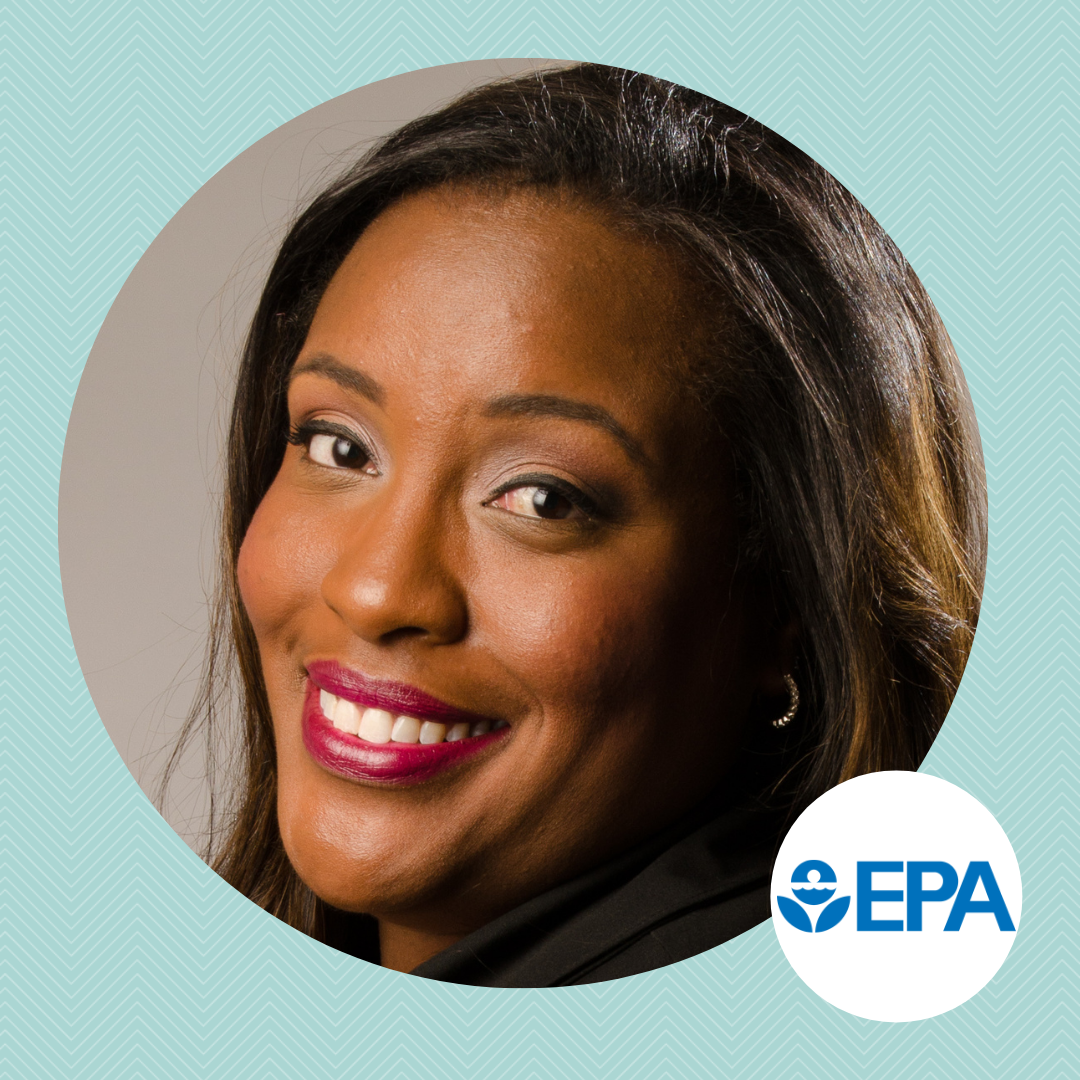 |
Treda Grayson is an Environmental Protection Specialist in the Office of Water Office of Wetlands, Oceans and Watersheds at US EPA Headquarters. She is the Program Manager for the Deepwater Horizon (DWH) National Resource Damage Assessment (NRDA) Program, which supports and carries out EPA’s Trustee responsibilities for restoration in the Gulf of Mexico following the 2010 Deepwater Horizon Oil Spill. Her prior experience at EPA includes supporting tribes in developing environmental capacity through the administration of the Indian Environmental General Assistance (GAP), leading the National Coastal Condition Assessment (NCCA), and providing technical support to states, tribes, and other entities to develop and adopt biological, nutrient and aquatic life criteria for water quality standards development. Treda holds a Ph.D. in Environmental Science and Policy from George Mason University, a M.S. degree in Environmental Sciences and Policy from Johns Hopkins University, and a B.S. degree in Marine Science with Biology and German minors from Coastal Carolina University. |
| |
|
| |
|
|
